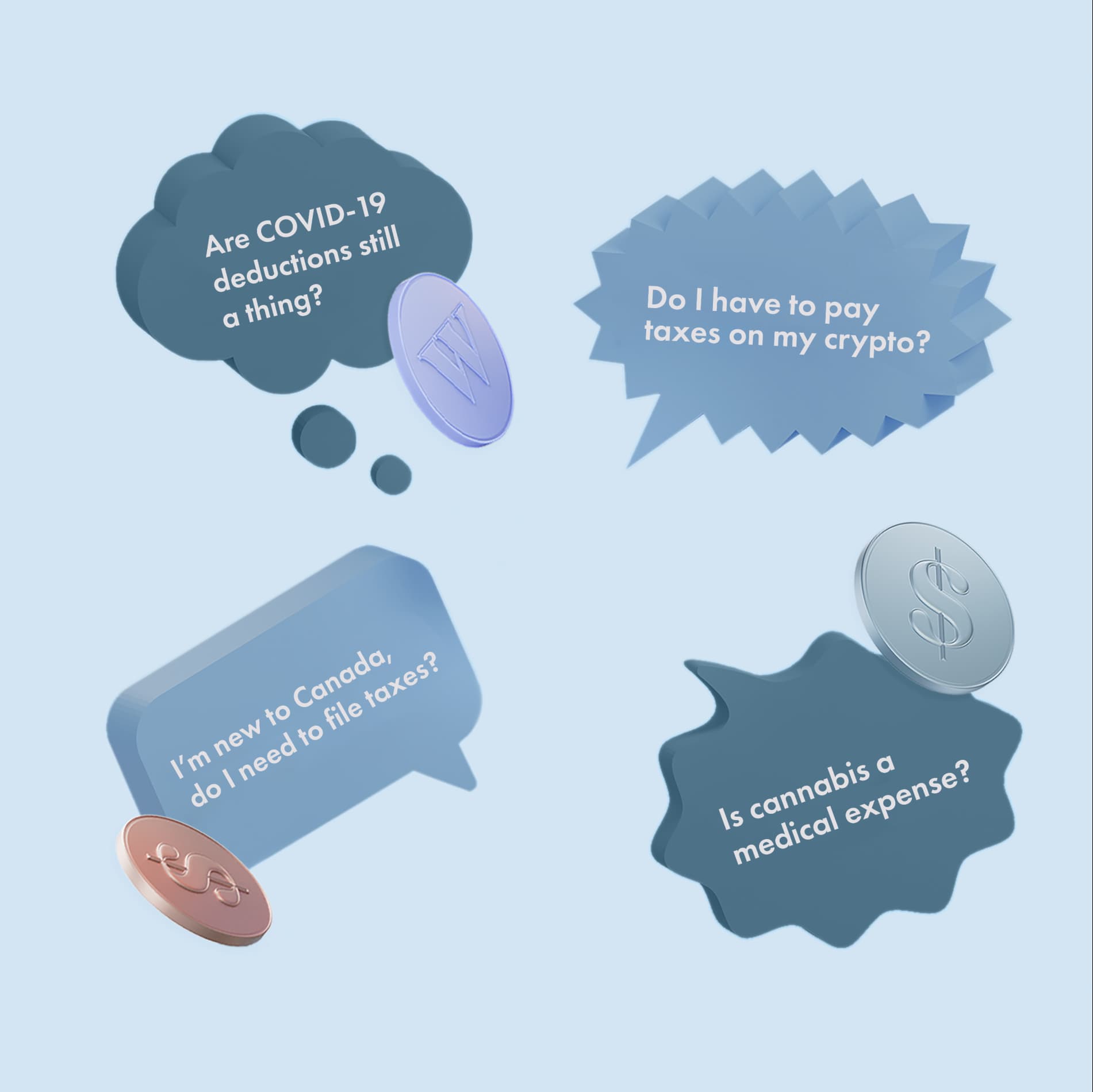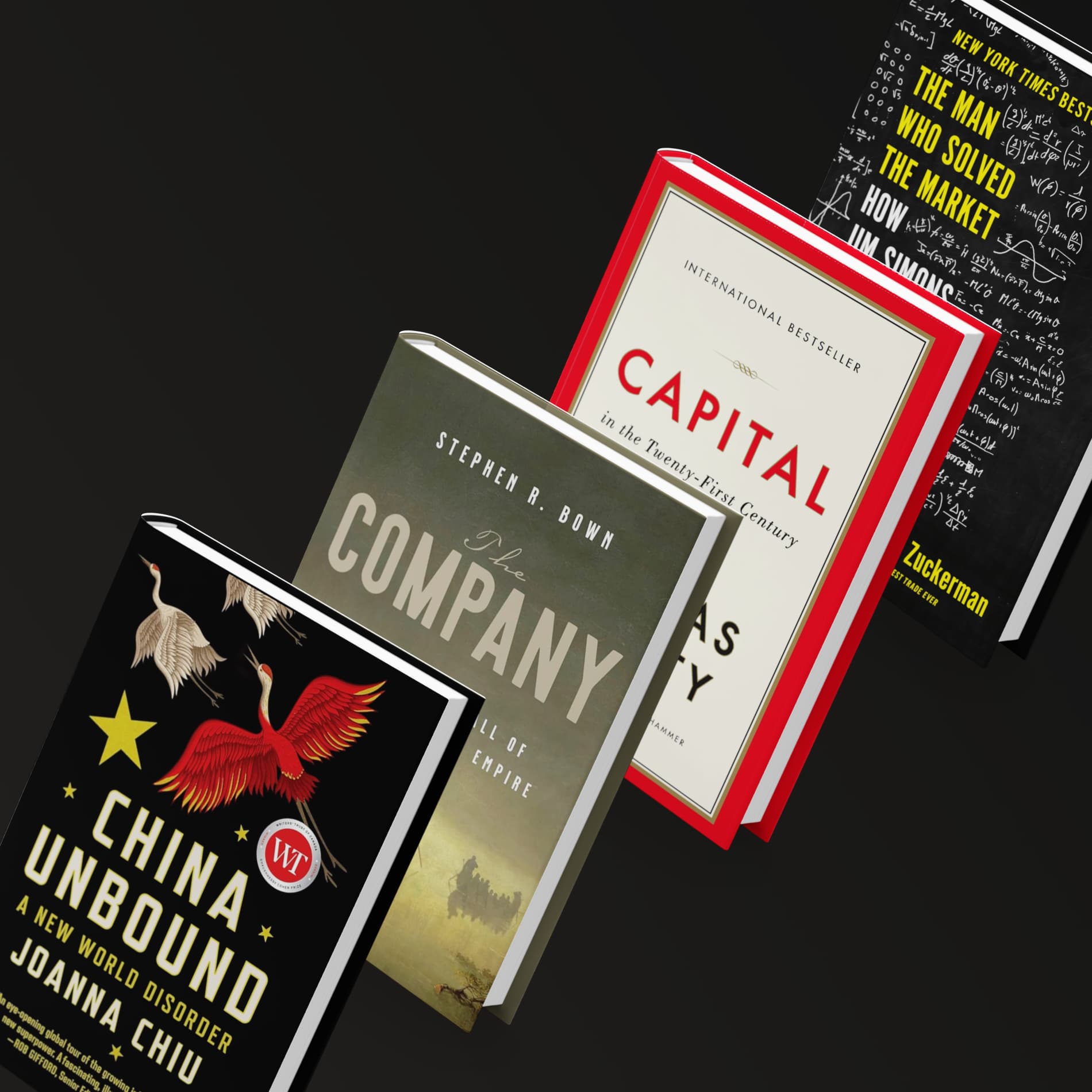
Finance for Humans
How To Pick a Charity That Does The Most Good
You have until December 31st to make a tax-reducing contribution to a charity. But not all charities are created equal. Some are inefficient, or ineffective, and some are even scams. Here are four simple ways to make sure you’re giving to the right one.
Wealthsimple makes powerful financial tools to help you grow and manage your money. Learn more
This story was originally published in 2020.
This is the season for giving. Not just gifts for people we happen to be related to, or are obligated to because of work, or just plain love. It’s also about giving to people, and causes, that need us most. 2020 is a year when many of us won’t have any extra to contribute. And people who do have the ability to give often wait until the end of the year to donate. So you may find yourself in a rush to figure out how to do it. We partnered with Give—an app that vets charities so you can donate with confidence—to provide you a simple guide for finding the best possible charity for your money.

Sign up for our weekly non-boring newsletter about money, markets, and more.
By providing your email, you are consenting to receive communications from Wealthsimple Media Inc. Visit our Privacy Policy for more info, or contact us at privacy@wealthsimple.com or 80 Spadina Ave., Toronto, ON.
First you’ll need to figure out how much you want to give. This part is personal. 1% of your income is a good place to start. Canadians give on average 1.5%. We tend to give more as we age: 25-34 year olds donate $880 a year; 35-44 year olds, on the other hand, donate $1,340 a year. There’s no correct answer, but the right amount is somewhere between how much you want to give and how much you can afford to give.
One other tip for the future: you won’t be left crushing your contributions in at the end of the year if you set up a recurring monthly or quarterly donation. This may help you give with more intention instead of just donating whatever you’ve got left at the end of the year. Plus, recurring donations are great for charities, since it gives staff better predictability with cash flow, allowing them to plan ahead.
But even if you know the cause you want to support—the environment, cancer research, education, the unhoused—and how much you want to give, it can still be awfully hard to decide which charity to give your money to. Especially when your dollar goes further with some charities than others. Here are four specific ways to make sure the charity you’re considering is the right one.
Recommended for you

The Perfect Guide to Every Little Tax Question You Have
Finance for Humans

The Budget for People Who Hate Budgeting (and Also Want a Bidet)
Finance for Humans

10 Books That’ll Teach You Everything (Or at Least a Lot) About Money
Finance for Humans

Five Tax Enigmas That Confuse Basically Everyone
Finance for Humans
1. Make sure the charity is legit
Sounds like a no-brainer, right? You’d be surprised. Even smart, well-intentioned people sometimes end up giving their money to organizations that aren’t what they seem. Last summer, people donated millions of dollars to the Black Lives Matter Foundation, for instance, which later turned out to be completely unrelated to the Black Lives Matter movement. To avoid a fate like this, do some basic due diligence. First, check if the charity you want to support is actually a registered charity by looking it up in the , Charity Intelligence (Canada), or Charity Navigator (U.S.). If you’re feeling ambitious and want to dig a little deeper, visit the charity’s website and peruse its annual report and financial statements (or have a more numbers-oriented friend do it for you) to make sure it’s actively spending its budget on the things it says it spends it on. Any legitimate and transparent charity should make this information easy to find. If it's not, that's a potential problem.
2. Know the difference between a charity and a not-for-profit
The words "charity" and "not-for-profit" might sound interchangeable, but they have key differences. The main one is that charities are able to issue tax receipts for your donations. So if part of the reason you’re giving is to write off the donation, stick with charities. (You get a 15% on the first $200 you donate and a 29% credit on donations above that, and different provinces and territories give other tax credits on top of that). Charities are also better regulated because they have to be approved by the CRA. That isn’t true for not-for-profits. Generally speaking, charities are less prone to fraud than not-for-profits due to this heightened scrutiny.
3. Don’t fixate on overhead
One thing the people at Give frequently hear from folks looking for good places to donate is an emphasis—often over-emphasis—on overhead, or how much money a charity spends on keeping itself running, as opposed to accomplishing its goals. The assumption seems to be that high overhead signals a poorly run charity: They’re spending all that money just keeping the lights on? How much are they actually giving away? This obsession is both good and bad. While it's good to make sure that the majority of your donation goes towards programming, it's dangerous to equate “lower overhead” with “better charity.” According to the CRA guidelines, what’s typically considered overhead includes vital activities such as accounting, applying for grants, and holding board meetings. The absence of these critical functions and processes—not their presence—is the real warning sign.
4. Does the charity even need your money?
This might sound counterintuitive—don’t all charities need money? But like any other kind of organization, some charities are flush with money while others operate on shoestrings. Some of the best and most-worthy organizations fall in the latter category. If a charity’s financial statements show that it has enough cash on hand to cover 10 times what they spend each year, that’s a sign your donation won’t be used for some time. (The aforementioned Charity Intelligence (Canada) and Charity Navigator (U.S.) both have tools to help you evaluate a charity’s level of need). Whereas there may be another just-as-worthy and well-run organization that desperately needs your money to both keep its programs running and to pursue its good work next year.
Of course, even with all this vetting, let’s not lose sight of the basic principle of giving—that it is fundamentally good. And while the world of charitable giving can be a little confusing, there are far more good organizations than bad ones, and they all need our support. So what are you waiting for? You only have a few more days left of this tax year.
Wealthsimple's education team is made up of writers and financial experts dedicated to making the world of finance easy to understand and not-at-all boring to read.





